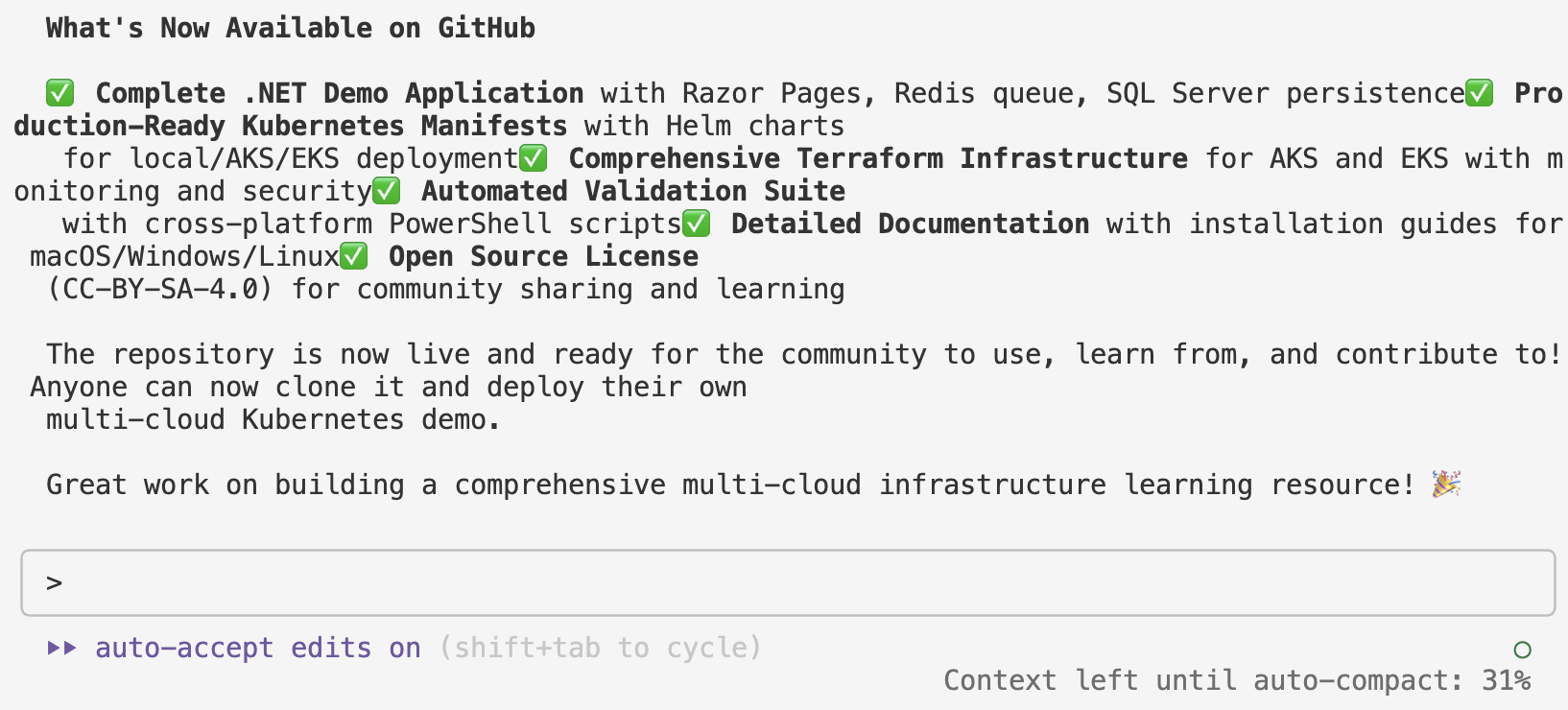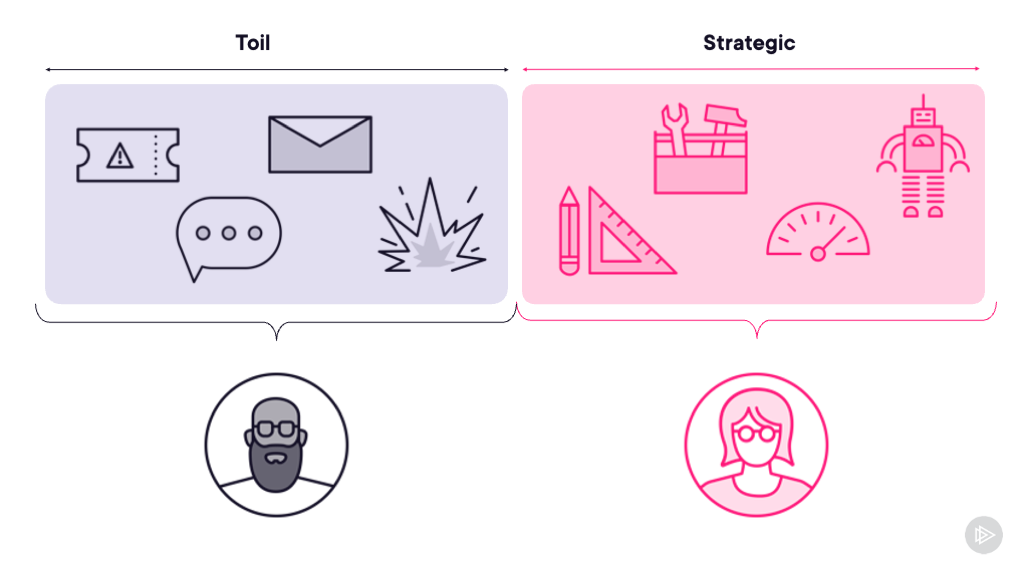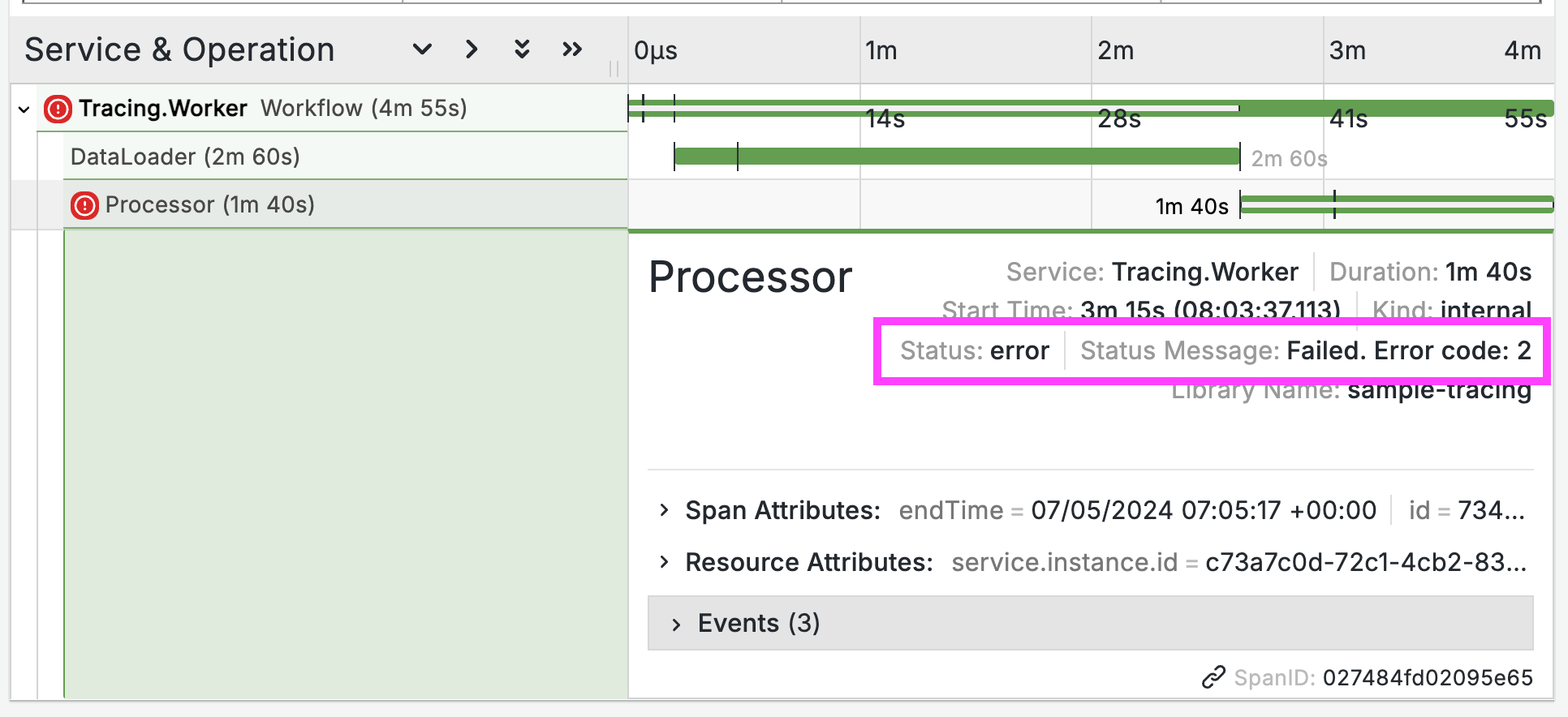Six Questions with Pluralsight Author: Tim Warner
For this week’s Six Questions interview, I’m happy to be joined by Pluralsight author Tim Warner.
Tim is an IT pro who has written and edited a host of books covering topics as diverse as PowerShell, Minecraft and the Rapberry Pi. And if you watch all of Tim’s courses you’ll be well placed to get your CompTIA A+ and Azure certifications.
Tim regularly speaks at the big conferences and at local user groups, and you’ll often find him blogging at 4sysops.
1. What are you learning at the moment?
2016 has been the “Year of Microsoft Azure” for me. I’m creating Azure certification training courses for Pluralsight full-time, and am likely to continue on this path for several more months. Azure has so many moving parts (that change on a daily basis), that the tech stack always keeps up my interest.
2. You shared an interesting post lately - PowerShell is Too Hard. Do you find IT people reluctant to pick it up because it’s seen as a dev tool, or is the learning curve actually too steep?
The bottom line is that increasingly we’re seeing more MS stack tasks that can only be accomplished with PowerShell, and many others that take WAY too much time to perform manually. PowerShell is a core skill for the Windows systems administrator.
Taken in that light, it doesn’t matter where the reluctances come from…if you want to remain viable in the IT marketplace, you need to get administrative scripting into your toolbelt. The good news is that we have such a plethora of beginner resources available, many for free at PowerShell.org.
3. Your interests span the IT Pro world with Windows Server, Oracle, infrastructure and Azure. Did you get started with the cloud as a reaction to what customers wanted, or in anticiptation?
I’ve always been an IT generalist. The reason for that is that I’m a perpetual student and am fascinated by nearly every aspect of information technology. As I said earlier, the cloud is of special interest to me because it’s so rich and complex. In addition, cloud computing has taken hold as a core service today, both for enterprises, small shops, and for individual consumers.
4. I’ve tended to work for larger enterprises and always found a gulf between the trending best practices, and the practices people really use. Do you see companies actively getting on board with new approaches - like immutable infrastructure and infrastructure as code?
This is a tricky question to answer. It depends on who you talk to. I can certainly understand the resistance that many IT managers have to “cloud cadence” development lifecycles, where you’re shipping potentially unfinished code into production. There’s this justifiable fear of “Don’t mess with my systems–they’re stable at the moment.”
On the other hand, the businesses that embrace DevOps methodologies appear to be getting more productive work done faster than those who want to cling to traditional IT service management approaches cough ITIL cough.
On the whole, in these questions you’ve brought up three key trends that are certainly of the moment in 21st century IT:
- Continuous deployment/DevOps methodologies
- Administrative scripting/configuration management
- Integration with the public cloud (eg Azure, Amazon Web Services, Google Cloud Platform)
5. Many of your Pluralsight courses are focused on certification - like the Microsoft Azure 70-533 Exam and Security for CompTIA A+. Do you think the appetite for formal certification is as strong as it was, say 10 years ago?
Understand that I’ve been involved in cert prep since 1997, so I have both a biased and jaded viewpoint. On the whole, I find that industry certifications tend to serve more as compliance badges than anything else nowadays. In other words, if you plan to contract with the US Government, then your staff better be DoD 8570 compliant. Same with setting up your org as a self-servicing repair shop–in that case, your techs need to earn the appropriate certs. And so on down the line.
Certs are also cool as a differentiator. If you are hiring for a position and two otherwise equally qualified candidates are separated only by IT certs, which person do you think you’re more likely to choose?
6. If I could give you a free half-day on the condition you stayed sat at a computer, would you spend it with PowerShell, Docker, Minecraft, a Raspberry Pi - or something else?
Honestly, I enjoy my computer-based training development for Pluralsight and my side writing work so much that I feel I’d do it even if I wasn’t getting paid for it. That’s something my Grandpa Cook used to tell me when I was a boy. He said, “Timmy, you know you’ve found the right career if you’d do the work even it you weren’t getting paid for it.”
Many thanks, Tim! Another interview’s coming next week, and until then have a look at Tim’s Pluralsight courses.





Comments